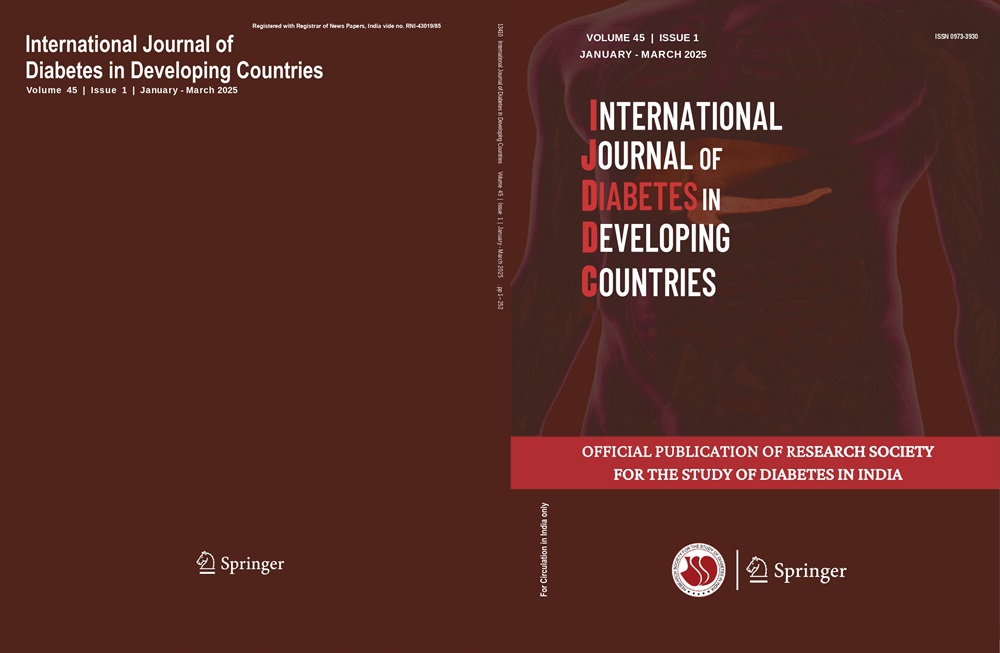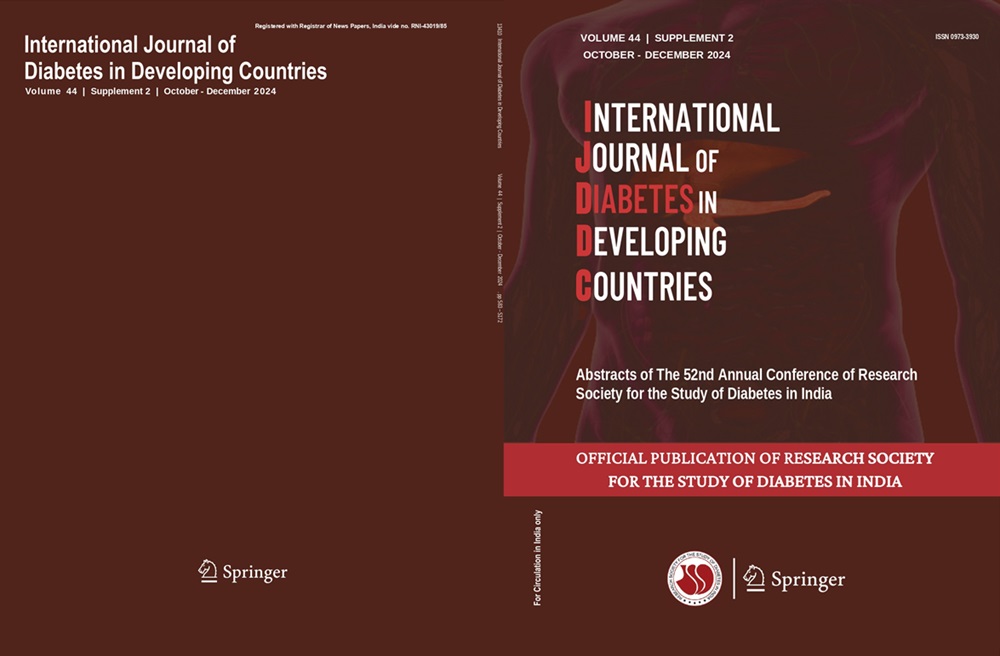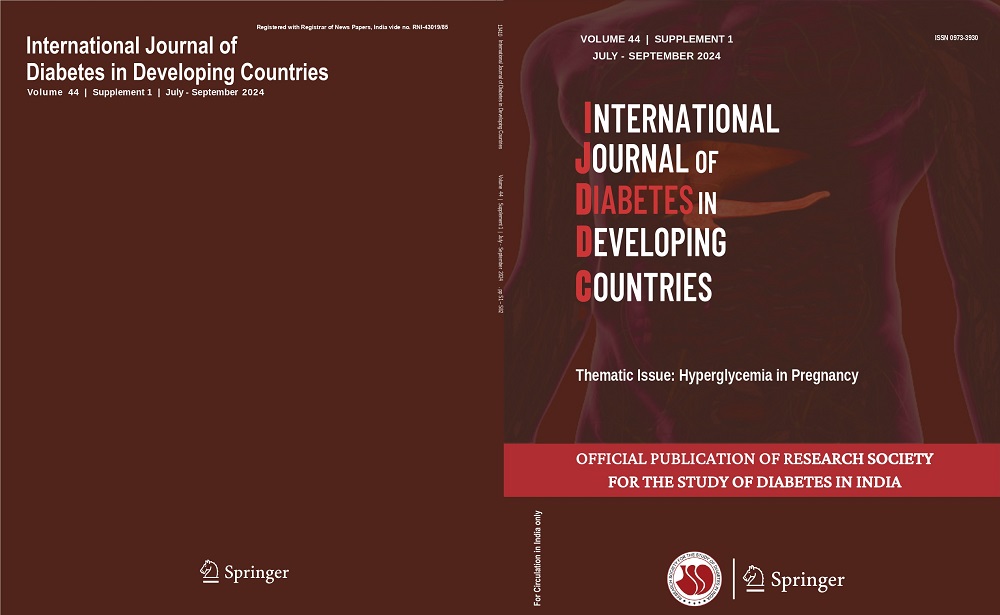Ferjeni Zouidi, Olfa Abida, Raouia Fakhfakh, Hatem Masmoudi
Keywords
4q27 • T1D • Polymorphism • Genetics • Autoimmunity • IL2/IL21 • Fbat
Objective Pancreatic beta cell destruction is a hallmark of type 1 diabetes (T1D), a heterogeneous disorder with a wide range of potential causes. T cell activation molecules have been shown to play an important role in the development of T1D, according to the majority of studies. Some autoimmune diseases have been linked to SNPs in the 4q27 region, specifically in the KIAA1109-interleukin 2 (IL2)-IL21 block. The purpose of this research was to look into how certain polymorphic variants in the 4q27 region are linked to T1D.
Methods We investigated whether variants in the 4q27 region could be a causal factor in T1D susceptibility. Polymorphisms of ten single-nucleotide polymorphisms (SNPs) belonging to the KIAA1109/IL21/IL2 block were studied in 255 individuals from 59 families using the Sequenom MassARRAY platform.
Results The IL21/IL2 region was found to have a significant association with T1D in Tunisian cohorts. We found that the T allele of the rs2221903 marker is disproportionately passed down from parents to their children. In addition, haplotype analyses encompassing all of the SNPs under consideration show that the GACAGGA and the shortly TT haplotypes were significantly over-transmitted from parents to their children, suggesting they may be a T1D genetic susceptibility factor in our population.
Conclusion Several autoimmune disorders (ADs) have been linked to the IL2/IL21 genes, suggesting that there is a shared genetic background that confers a common genetic predisposition across ADs. More research into the genetic and functional aspects of the 4q27 region is needed to better explain the role it plays in the risk of ADs.




